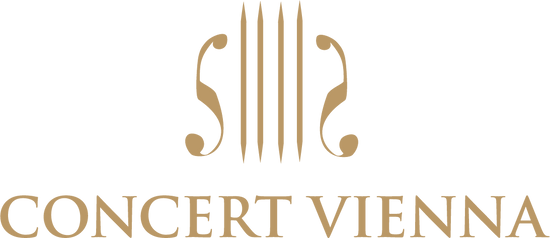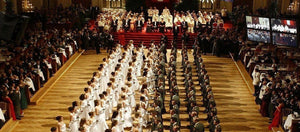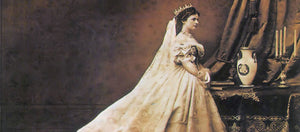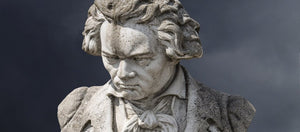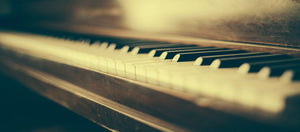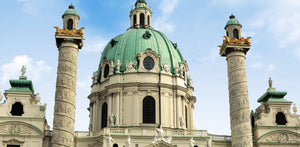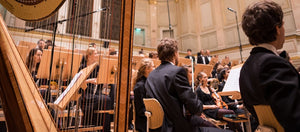Why is Vienna the Capital of Classical Music?
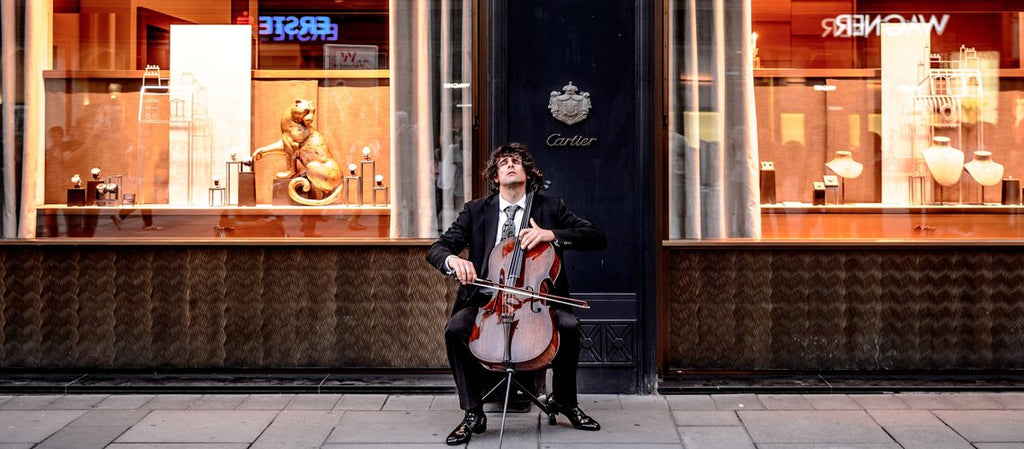
Centuries after master composers such as Mozart and Strauss played in the city, Vienna still lives up to its reputation as the capital of classical music, with opera houses and concert halls inspiring aficionados with glorious performances all-year-round. But where did Vienna’s music-soaked culture that’s so ubiquitous today originate from?
Looking for answers
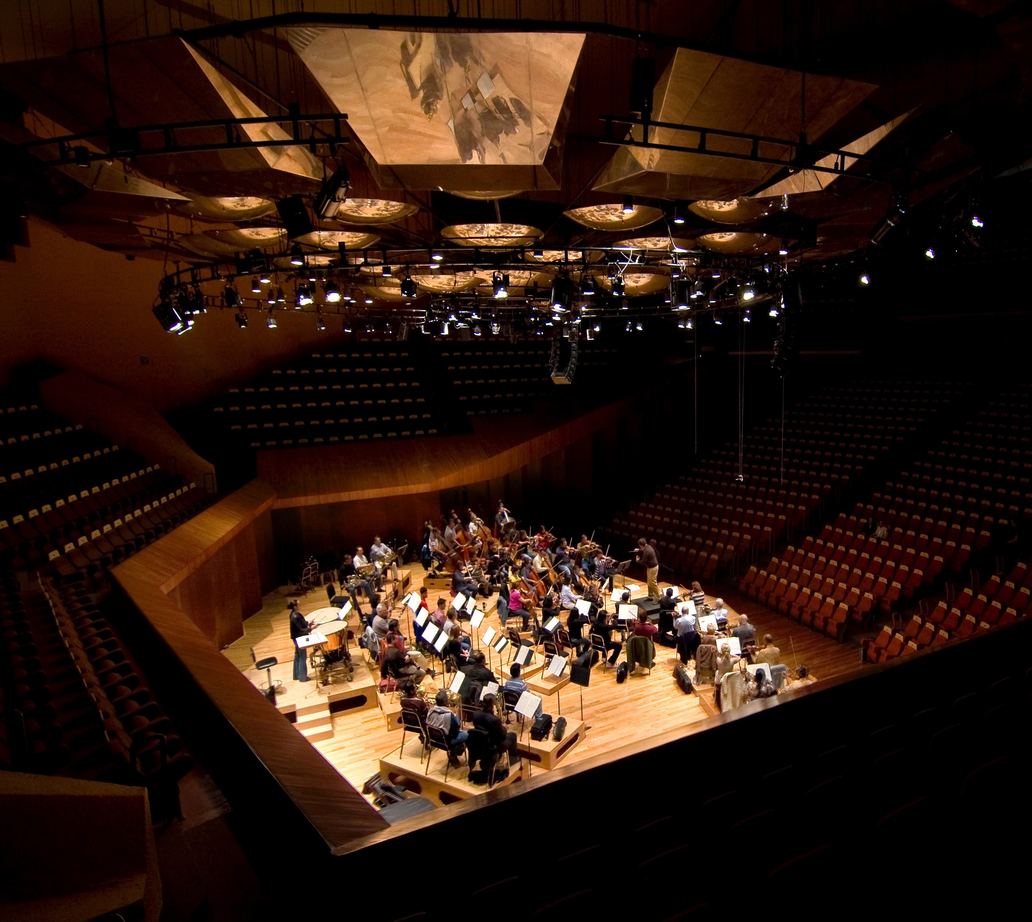
Could Vienna have grown to have such a lasting impression on classical music because of its political and geographical influences? After all, it was the capital of the Austrian Empire and later the Austro-Hungarian Empire located in the heart of Central Europe.
The city’s well-informed monarchs and educated audiences may also have played a role, since music was still largely tied to aristocratic court culture between the 18th and 19th centuries. All these factors, while definitely influential, are merely minor contributions to Vienna’s musical legacy, which is mostly thanks to the creative individuals who lived and worked in the city during these momentous years.
Inspiring international composers
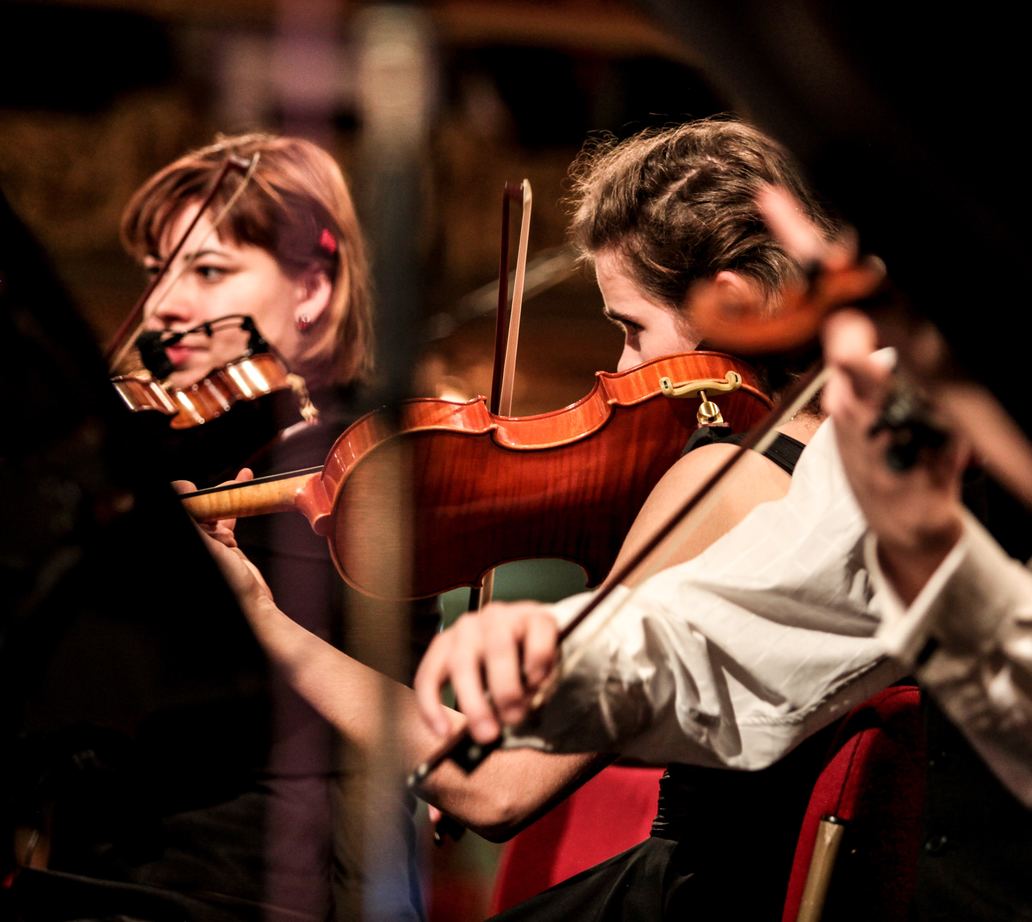
Surprisingly, most of the highly esteemed musical characters Vienna is associated with didn’t originate from the city. They were attracted to the littering capital of the great empire because the Habsburg dynasty’s sponsorship, alongside that of the imperial court’s aristocrats, created lucrative environment for artists and musicians.
Because the city was such an excellent place to make it big as a musical or artistic creative, many composers visited, stayed and wrote remarkable music there. In fact, more famous composers have lived in Vienna than any other city in the world. While Mozart, Haydn, Mahler and Bruckner all hailed from different parts of Austria, others, such as Beethoven, Gluck and Brahms came from other countries in Europe.
Vienna’s impact was so strong on people outside the city that Der Rosenkavalier, largely considered to be the greatest truly Viennese opera, was written by Bavarian Richard Strauss who never even lived in Vienna. However, the city did produce a fair few significant composers, including Franz Schubert, Johann Strauss I and Johann Strauss II.
Viennese Classical Period
The 100 years between the mid-18th century and the mid-19th century, when a steady stream of composers flocked to central Europe to establish themselves on Vienna’s music scene, is known as the ‘Viennese Classical Period’.
During these years, the Austrian Empire took great pride in its prolific and prestigious production of music, resulting in concerts and dancing becoming a hugely important aspect of Viennese life and culture. At this time, the capital experienced a considerable musical boom, with crafters specialising in the creation of musical instruments, opera houses and sheet music publishing houses truly flourishing.
Mozart
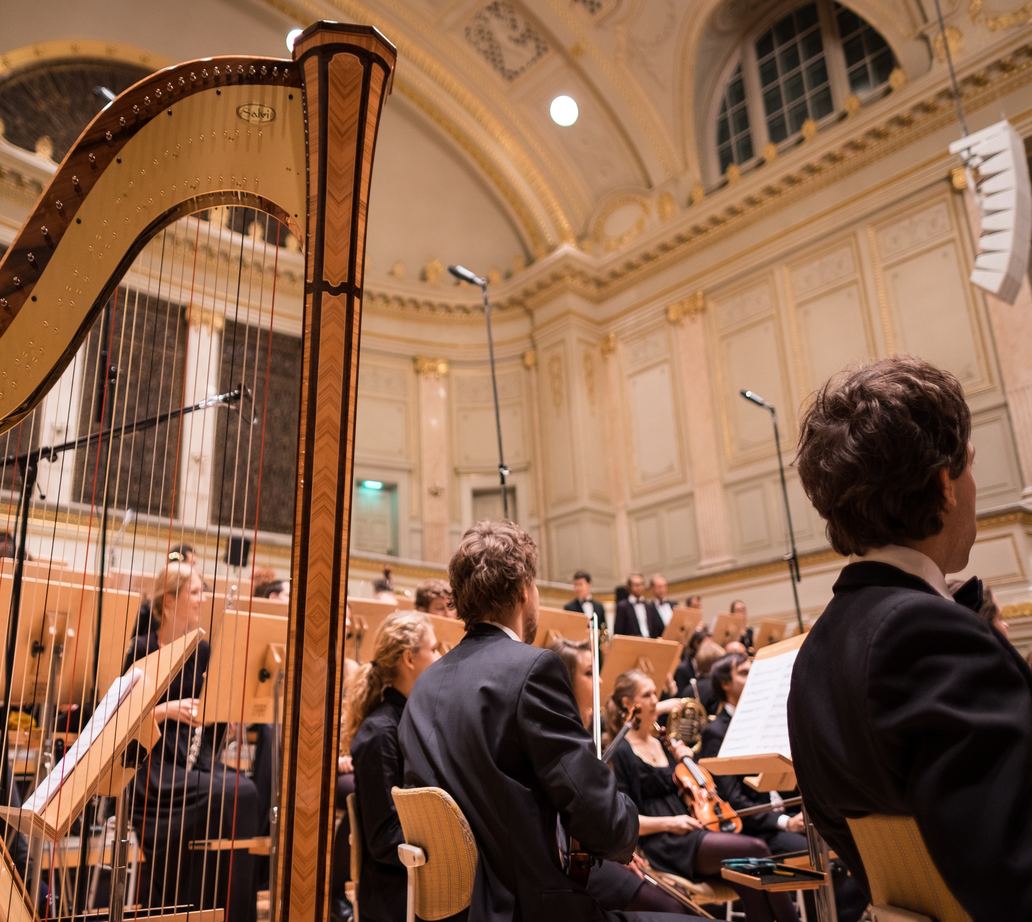
Mozart was undoubtedly one of the most influential residents of the city during the Viennese Classical Period. Born in Salzburg in 1756, the child genius spent much of his life in Vienna, where he composed many of his most prized works in the city. As a small child, he flourished under the careful musical guidance of his father and began his first musical tour across Europe at the tender age of five.
Mozart first visited Austria’s capital in 1762, when he was invited to the Schonbrunn Palace to play a concert for the Habsburg family at six years old. After moving permanently to the city when he was 25, the composer created some of his greatest legacies, such as the Magic Flute and Marriage of Figaro. During the time he spent in the city, Mozart lived at many addresses, a handful of which can still be visited by the public today. In 1791, at the age of 35, Mozart was buried in an unmarked plot in St. Marx Cemetery.
Other influential composers
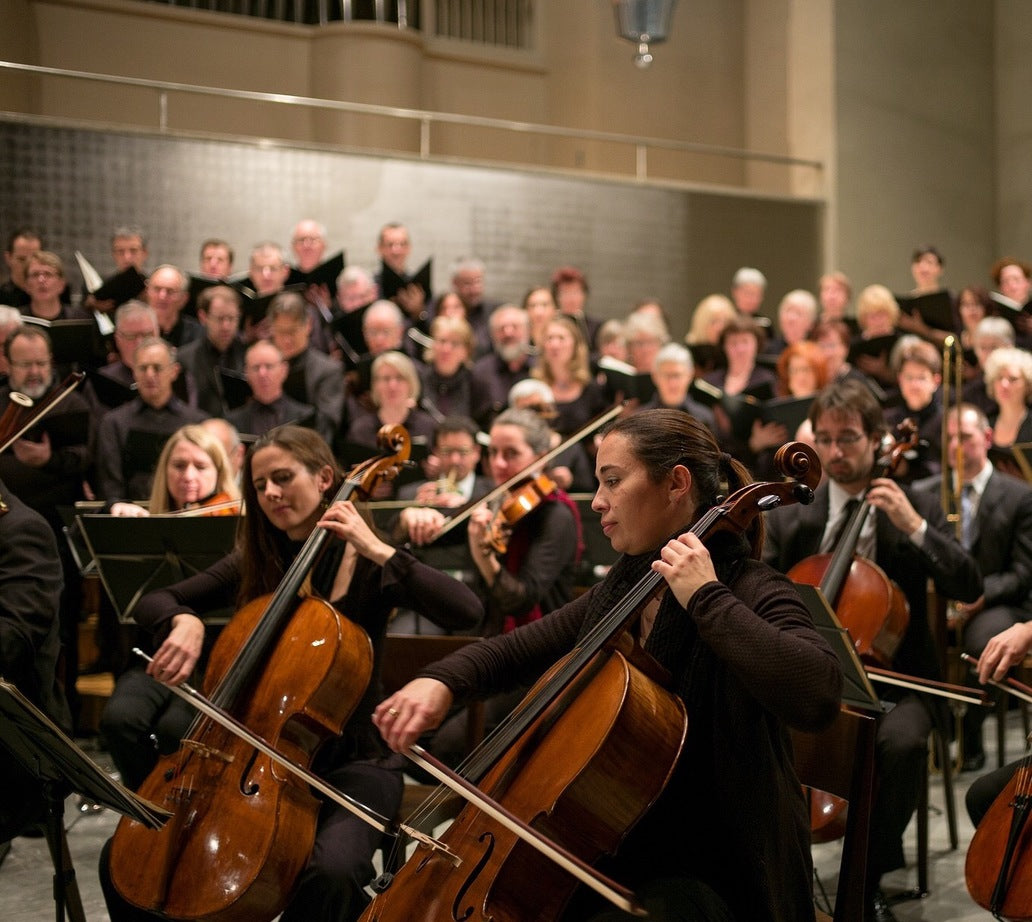
The list of composers who helped Vienna become the capital of classical music stretches on well beyond Mozart. Johannes Brahms, the son of a successful musician, managed the Vienna Singer’s Academy in 1862 and again in 1868. He considered Vienna to be his second home, where he also performed several concerts of his own and enjoyed a lucrative career.
A member of the Second Viennese School, Arnold Schönberg is another name that stands out from the crowd. A self-taught performer and composer, Schönberg was largely influenced by prominent expressionist painters of the time. As he was Jewish, he had no choice but to flee Vienna in 1933, after which he spent the rest of his days in Los Angeles, USA.
Not wanting to forget their vital aid and influence, Vienna still remembers and honours many of the famous composers that spend some of their lives in the city today. Strauss and Schubert both have monuments within Stastpark (one of Vienna’s many beautiful parks) and you can visit the past residences of Mozart (Mozarthaus Vienna), Ludwig van Beethoven (Beethoven Museum), Joseph Hayden (Haydenhaus) and Franz Schubert (Schubert Geburtshaus).
Classical music in Vienna today
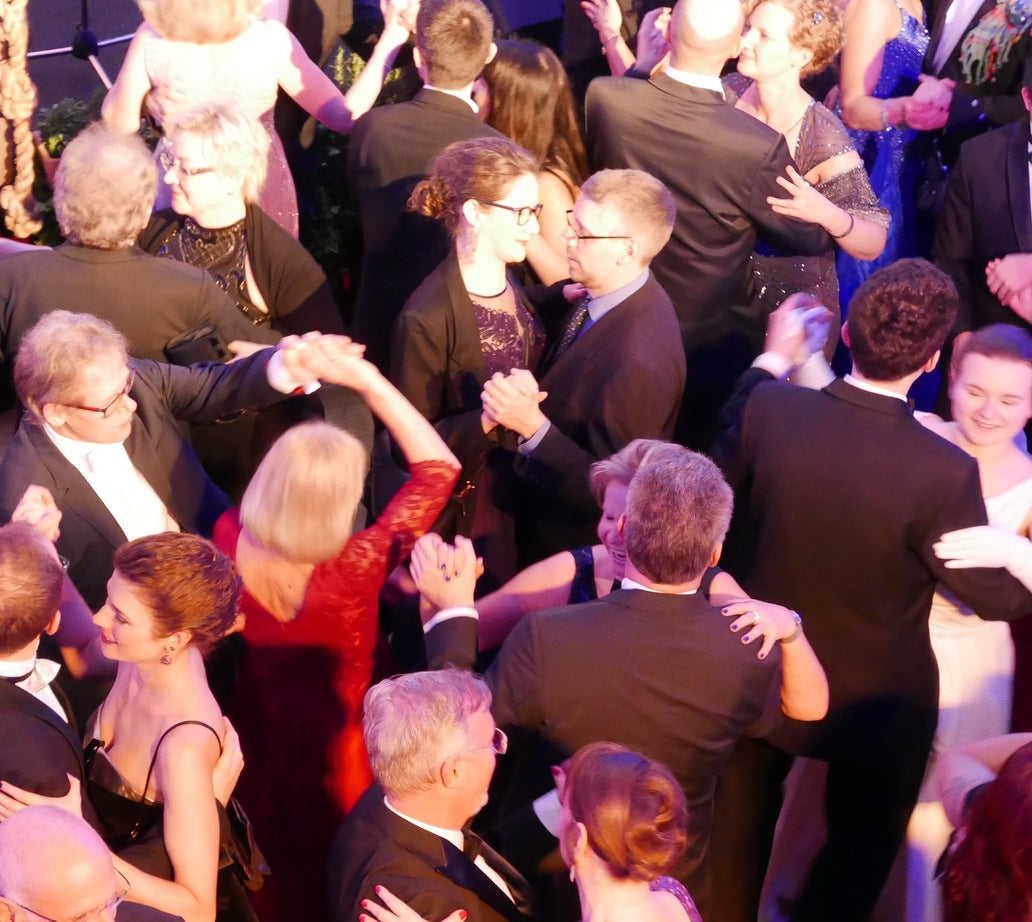
Classical music in Vienna didn’t end in the 19th century. The spectacular art form continues to this day, with the musical tradition being passed down from one incredible composer to the next. There are also many orchestras which continue to honour the greats by performing their most popular pieces to audiences, sometimes even dressing up in traditional attire to add to the authenticity.
Vienna maintains its musical legacy through the plethora of concerts it hosts throughout its grandiose venues all-year-round. From the annual Viennese balls with their stunning dress codes, beautiful dancing and remarkable music to the regular Strauss and Mozart concerts held in Kursalon Vienna, boasting enchanting performances from the Salonorchester Alt Wien within a fantastic historical venue, Vienna continues to delight classical music lovers today, just as it did centuries ago.
